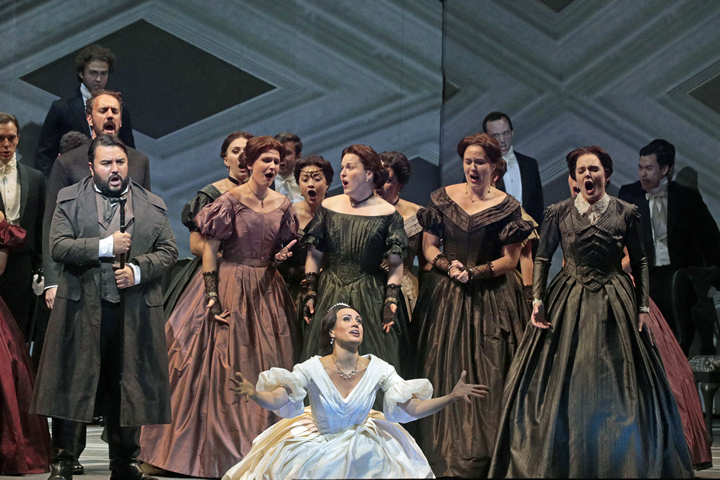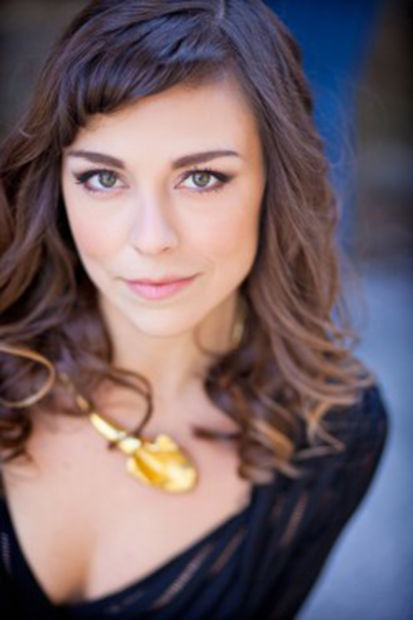


He created the scenarios in one night before starting the composition of the music. Soon after a sleepless night, Tchaikovsky came to embrace the idea. The strength of the novel resided in its character development and social commentary, as well as in the beauty of its literary delivery. Tchaikovsky felt that the novel wasn't properly strong in plot – a dandy rejects a young country girl, she successfully grows into a worldly woman, he tries to seduce her but it is too late. At first this idea seemed wild to the composer, according to his memoirs. In May 1877, the opera singer Yelizaveta Lavrovskaya spoke to Tchaikovsky about creating an opera based on the plot of Alexander Pushkin's 1825-1832 verse novel Eugene Onegin. The work's title refers to the protagonist. There are several recordings of it, and it is regularly performed. The opera was first performed in Moscow in 1879. The story concerns a selfish hero who lives to regret his blasé rejection of a young woman's love and his careless incitement of a fatal duel with his best friend. Įugene Onegin is a well-known example of lyric opera, to which Tchaikovsky added music of a dramatic nature. Triquet's verses in Act 2, Scene 1, while Tchaikovsky himself arranged the text for Lensky's arioso in Act 1, Scene 1, and almost all of Prince Gremin's aria in Act 3, Scene 1. Tchaikovsky's friend Konstantin Shilovsky contributed M. The libretto, organised by the composer himself, very closely follows certain passages in Alexander Pushkin's 1825-1832 novel in verse, retaining much of his poetry. 24, is an opera ("lyrical scenes") in 3 acts (7 scenes), composed by Pyotr Ilyich Tchaikovsky.


 0 kommentar(er)
0 kommentar(er)
